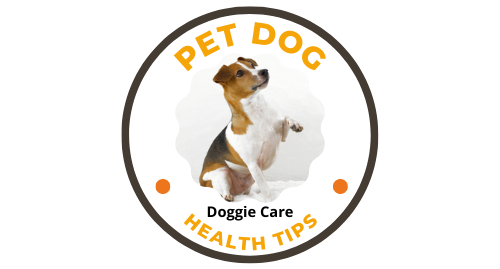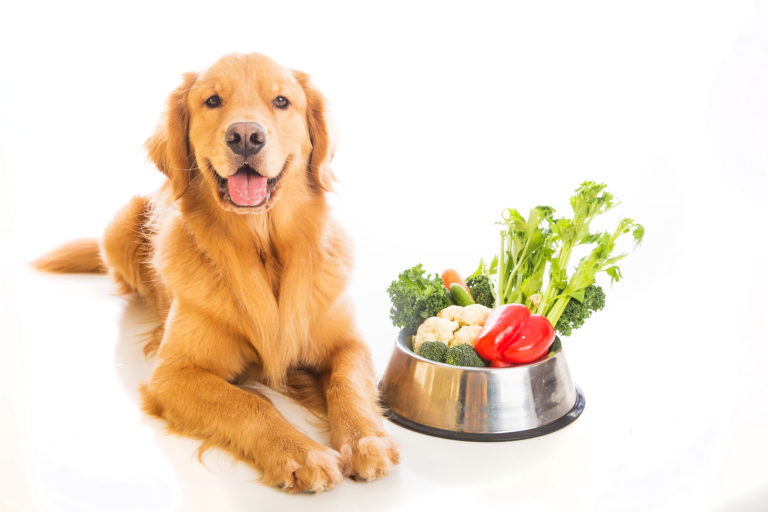When to Change Your Dog’s Diet
It is important to you to keep your pet happy and healthy. How do you know when it is time to change your dog’s diet? Who can you talk to in order to learn more about your dog’s diet and what needs to be altered?
It may seem that your dog is doing just dandy on whatever bag or can of dog food flops into your cart at the grocery store, but how do you know for sure that your dog’s diet is right on track? Take note of some simple things about your dog. The dog’s diet affects all aspects of life, so observe your dog before jumping to conclusions.
Here are some questions to ask yourself when trying to decide if your dog’s diet needs a change. How does my dog act? Is your pet always scrounging around the house for crumbs and scraps? Can your pet rest comfortably following a meal?
A dog who is full and content will be less likely to scavenge and will be able to take a nap after a good meal.
Are your pets outputs runny, thin, or firm? A dog’s diet will dramatically affect their outputs. You will be able to tell if your dog’s diet is appropriate for them by monitoring potty stops.
If your pet is routinely feeling under the weather or becoming ill, you may want to consider what is in the dog dish. The dog’s diet is what feeds the immune system and keeps your pet feeling healthy. A diet lacking appropriate vitamins and nutrition will not keep your pet functioning at his best.
As your pet grows and matures, you may need to change your dog’s diet. A puppy has different health requirements in regards to diet than does an adult dog. Older dogs may require senior diets to help combat weight or medical issues.
How is your pet’s energy level? Does your dog seem lazy or high strung? The dog’s diet may be influencing this fact. If your dog and you take walks for several miles, you may need to adjust the dog’s diet to suit the increased level of activity.
Whether you keep your pet inside or out may also make a difference in your dog’s diet. Pets staying outside in the winter may need extra food and more calories to stay warm during the cold winter months.
If you are ever in doubt about what type of diet is right for your dog, talk to a professional. Your veterinarian should always be advised of any medical or health concerns. He or she will be glad to discuss with you various dog diets and their specific advantages and disadvantages. Nobody knows your dog better than you and your vet. Work together to determine if your dog is showing signs that his diet needs a change.
Many factors can influence the need to change your dog’s diet. Health concerns, age, and even the weather can be cause for your dog’s diet to require alteration. Speak to your vet about the best diet for your pet. Good observation and education will help you to decide if your dog’s diet is right on track.

